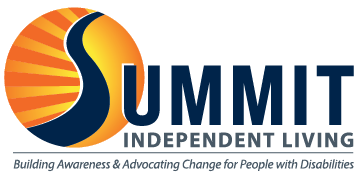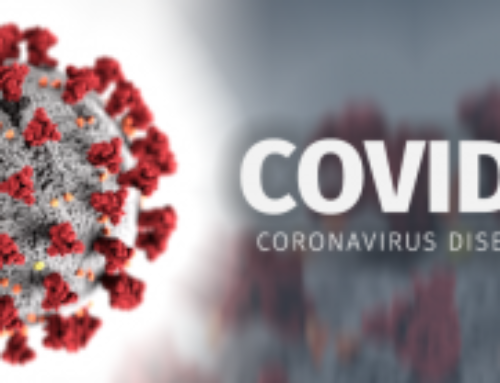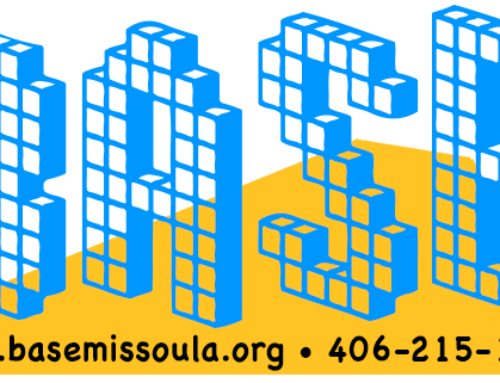Summit is excited to announce that we were recently awarded two grants.
The first is a $15,000 grant from the Cross Charitable Foundation to expand transition services in Missoula for youth with disabilities age 14 to 24. This funding will allow Summit to increase staffing at our BASE location, an all ages, all abilities community center, and to increase the number of hours for a youth specialist position that is currently vacant. A third component of the project is to increase our outreach efforts to local high schools, case managers, Vocational Rehabilitation counselors and other community agencies to enhance awareness of Summit’s pre-employment transition services for youth with disabilities. Those services include training on soft skills, work readiness skills, developing opportunities for job shadows, community work experiences, internships and volunteer placements, as well as self-advocacy and career exploration training.
Summit also provides assistance to youth with access to community resources such as Social Security benefits, affordable and accessible housing, transportation, healthcare benefits and other resources needed as young people transition from school to post-secondary education, employment, or independent living. For more information contact Summit IL program manager, Bre Lopuch in the Missoula office.
The second new project is funded by a $3000 grant from the Bill and Rosemary Gallagher Foundation. We have named this project Cost-Effective Healthy Eating Workshops, or CHEW. The CHEW project will enable Summit to provide a series of healthy eating workshops in numerous communities in western Montana at Summit’s branch offices in Kalispell, Ronan and Hamilton; at our BASE and main office locations in Missoula. We will also partner with the Missoula Food Bank and Community Center and Natural Grocers in Kalispell to offer classes in their learning kitchens. The goal of the CHEW project is to teach people with disabilities about healthy eating options, how to plan inexpensive and nutritious meals, learn basic cooking skills, as well as connect them with resources for adaptive equipment that can make cooking and meal preparation safer and easier for people with mobility challenges. Another aspect of the CHEW project is to foster community participation, a sense of connection, and the benefits of sharing food and conversation for people with disabilities who may experience isolation and loneliness.
Summit is very excited about both of these new projects and will share more information asprograms and services are put in place.







Connect With Us